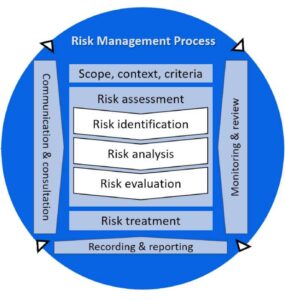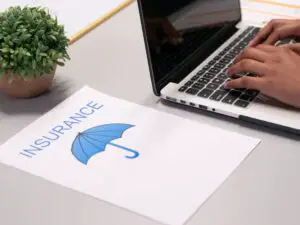How to attend an emergency
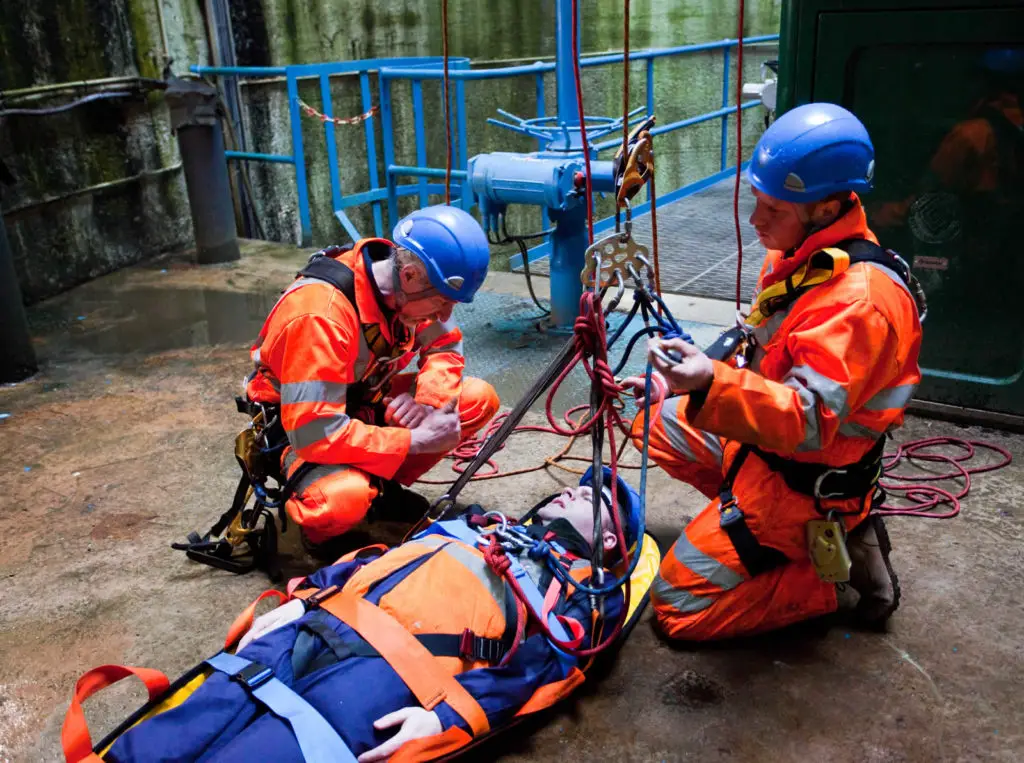
How to attend an emergency. On some occasions, we have been present in an emergency situation, in our homes, workplaces, and even in a public environment. But what is an emergency?
An emergency is any event that alters the normal conditions, the tranquillity of our home, or the operating conditions of the work. Events such as the interruption of basic services (electricity, water), the fall of the computer system due to a virus attack, the cancellation of a plane trip, a flu epidemic, and even others with a greater potential for human loss such as fires, spills chemicals, earthquakes and floods are considered emergencies.

Are we prepared for an emergency? If we are not, the event can escalate into a crisis out of control. It is important then to know the basic principles to manage an emergency, this will increase our ability to deal with any type of event. But we have to act quickly and intelligently.
Steps in the process of solving an emergency
1. Define the problem and set priorities.
2. Organize the emergency, and take rapid action, especially if there is a risk of loss of human life.
3. Assign tasks, but more importantly, know which people should be assigned which tasks.
4. Keep all staff motivated and with a positive focus. Leverage people skills.
5. Manage public relations, and get the press on our side.
6. When it’s all over, take stock of the emergency.
A preliminary step, planning
It is better to think cold than hot, so it is better to plan what we would do in a future emergency:
• Many emergencies are predictable and we can save resources and efforts if we have an action plan prepared.
• Regardless of the type of emergency, there are priority factors that can be applied to all cases, such as keeping personnel safe and protecting the environment.
• Even if the event could not be predicted (assessed), the recovery process will be shortened if it is foreseen who will be in charge of each task.
• Planning will not give you the answer to all events, but it will make it possible to highlight problems that you could neglect in the midst of an emergency.
The more important the company, the greater its crisis potential must be and the better its preparation must be. We must think about the possible events with the highest probability of occurrence and determine how we could deal with them.
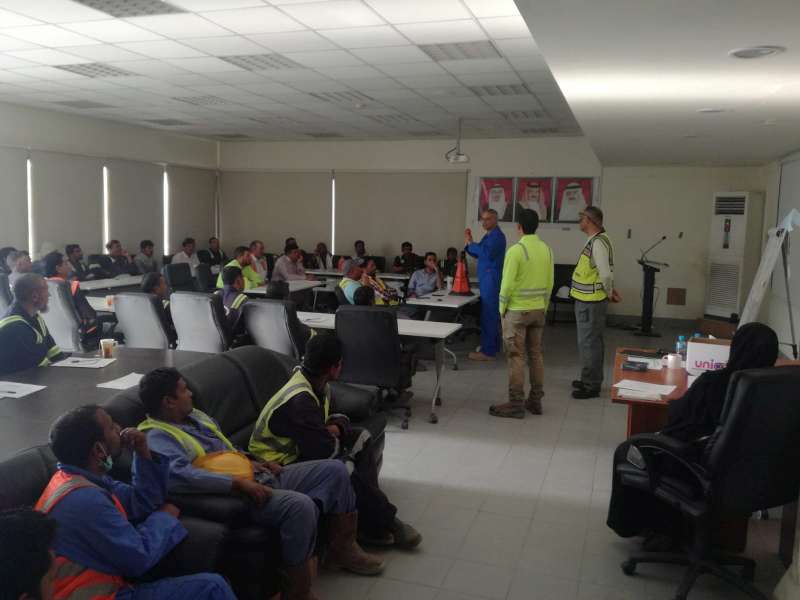
1. – Define the problem
You are facing an emergency, but you have to take some time to think before acting. This has two goals:
• It is always preferable to make a considered decision; will be more appropriate than a knee-jerk reaction.
• Stopping and reflecting helps keep calm and calms the staff. This should increase your self-confidence and ability to handle the situation.
Define the real problem, that is, the disastrous consequences or effects, such as the loss of human lives, fauna, and flora affected by the toxic spill, among others, for example.
Set priorities
Generally, we are not going to have enough resources to deal with the emergency, so we have to decide where we are going to focus our efforts to solve the event.
Differentiate the urgent from the important
During an emergency, the most relevant tasks are not necessarily a priority, the urgent ones are. It is important that companies evaluate the critical risks of possible emergencies and have listed the priorities to take in each case.
be cautious
The process of preparing for an emergency can lead to ongoing actions to reduce risk and control negative effects. For example, installing an automatic sprinkler system and an electrical backup system, among others.
2. – Organize the emergency
After defining the real problem and establishing the priorities, now we have to organize ourselves to solve it; For this, we must meet to establish an Action Plan. Of course, if it is a serious accident or a fire, we must call for help immediately (firefighters, rescue squad, etc.)
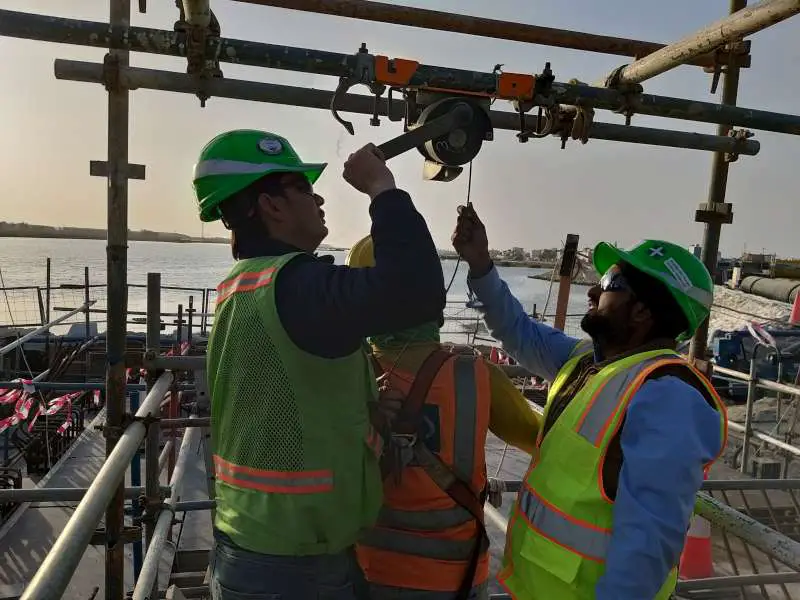
Meeting of the Emergency Committee
The meeting must be quick and oriented towards making decisions and concrete actions. The Emergency Committee will be made up of your closest team or the staff that is most directly affected, but not more than six or eight people.
It is important not to leave key personnel out of the Committee. In this way, they will not feel left behind and better results will be achieved by making them feel important and keeping them motivated.
Summarize the situation
It is important that all staff have the same information and share the same priorities and action plan. It should be explained what the problem is, what is considered a priority to do, and what actions are going to be taken. This is critical in events related to staff morale, such as a deadly event.
Organize a common action plan
Ask the team to suggest all possible solutions to the real problem. We must devote all available time to this in order to assess the different priorities.
Don’t make unnecessary decisions
General rule: do not make a decision based on information that is unknown.
Assign tasks
Effectively assign tasks to each team member, based on her personality type.
Check that everyone has understood you
Check that everyone is clear about what the problem is, what decisions have been made and what tasks have been assigned, in order to avoid directing their energy and time on useless activities or activities that aggravate the emergency situation.
Checklist for Emergency Committee meetings
• Summarize the situation and its consequences.
• Define the problem.
• Set priorities.
• Share possible solutions.
• Make the right decisions and avoid unnecessary ones.
• Assign tasks.
• Check that everyone has understood correctly.
An annual planning meeting should be organized with the Emergency Committee team to update the Emergency Plan and review the action plans for the different anticipated events.
3. – Assign tasks
Solving an emergency implies acting. The more time you spend planning, the more effective and efficient your response will be.
You must ensure that the correct tasks are carried out by the correct people. You must act quickly and assign groups of tasks to responsible people capable of dealing with them successfully. We must choose personnel with sufficient capacity and initiative to solve these tasks by themselves.
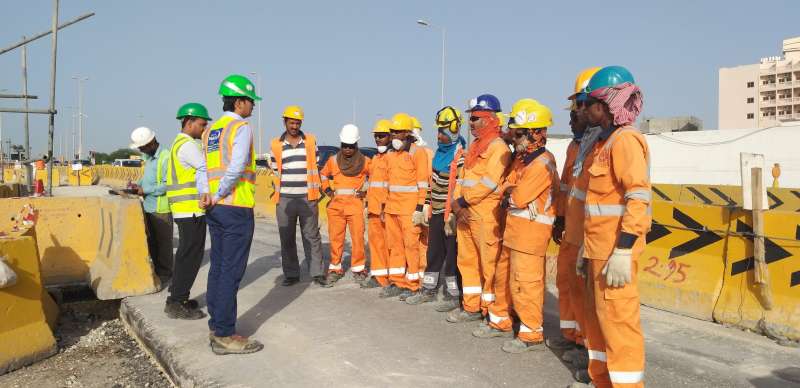
hand over command
In some events, the boss will not be the best person to be in charge of the emergency. Therefore, we must delegate control. The important thing is to decide who to put in charge, we must support him but he must make the decisions.
Don’t get overwhelmed with work
Monitor the overall response to the emergency. Must:
• Be informed of what is happening.
• The staff can communicate new problems or suggestions to solve them.
• Have the time and serenity to direct the tasks, make decisions, and organize evaluation meetings when deemed necessary.
Golden rule: don’t take on too many important tasks. Do not deal with tasks that absorb too much time.
Do not invade the land of others
Do not carry out the tasks assigned to other people, because they will lose authority before the rest of the team, and they may also feel annoyed by it which affects their enthusiasm and motivation.
Who should be assigned what task?
Assign each person a task that suits their way of being. People can be classified into eight types of personalities:
a. assertive people
In an emergency, decisions must be made quickly, but more importantly, do what to say. An assertive and trustworthy person not only helps to comply with the assigned instructions but also serves as an example to the entire team.
b. Serene or cold-blooded people
The people who remain calm in the middle of an emergency are the ones who must carry out the tasks that require greater serenity and cold blood, such as rescuing trapped personnel, giving first aid, or fighting fires.
We must educate and train these people in different emergency topics, such as first aid, firefighting, and rescue techniques.
c. People who make decisions
In an emergency several events always occur at the same time, since we cannot be in several places at the same time, we need people who can make decisions to replace us and help solve each event.
d. Nervous or panicky people
We should not be around these kinds of people. It is suggested to assign them a task that prevents them from coming into contact with the event; for example, obtaining tools or materials requested by the personnel in charge of the emergency.
and. sociable people
The solution to an emergency is teamwork and, if necessary, we have to ask for help. People with social skills know who to call and how to ask for help.
F. Retail People
We need an assistant by our side who is reminding us of the important things and helps us plan the following actions to respond to or control the emergency. Also, let her record the timeline, the actions are taken, and the resources that are being used. All of this information will be needed to prepare the final event response report.
g. people who solve problems
We also need people who like to solve problems and fix things.
h. empathic people
It is important to have people who help others calm down and avoid panic.
Form cohesive work teams
A cohesive team will have greater resolution capacity in a high-pressure situation such as an emergency. Each member must know their function well and maintain good communication among all, to avoid confusion and misunderstandings. The team must know which person should command the response actions in each event.
Don’t force anyone
Never force staff to give help to others, they must be convinced of it.
4. – Get the support of the team from the beginning and do not stop doing it at any time
It is the psychological component in the resolution of an emergency. The way you deal with the emergency affects the solution of the event and impacts the mood of the team and its relationship with you. Regardless of the number of people in your charge, in a few hours, a relationship model will be imposed that cannot be easily changed. Badly handled, the emergency can make you lose the respect and loyalty of the team and cause discouragement to take hold of everyone. Managed well, the emergency will enhance the loyalty and enthusiasm of the team, as well as your leadership will be strengthened.
Crisis mentality
An emergency is an emotional situation and people become more sensitive. Therefore, our behavior during an emergency will influence people more than usual. We must ensure that the team comes out stronger from this experience and is better prepared for any future event. The team must feel that the best way to deal with the emergency is to be united and that will enhance their sense of identity.

Due to the fact that in an emergency the traditional roles of the team are broken and the functions of each one become more flexible, in these events hidden talents of the people are discovered, and from then on they are better valued by the members of the team.
Rules of communication in an emergency
Communicate effectively what we are doing. Take care of the tone of voice, and maintain a calm tone to avoid panic.
a. Make sure to keep the whole team informed
Ignorance and lack of information can lead the team to make mistakes or take unnecessary risks during emergency response actions.
b. Assemble the team when instructions need to be given or important information communicated
The only way to make sure that everyone knows the same thing and works on the assigned tasks is to bring them together and give them instructions.
c. Encourage the team to ask questions
If the team does not have clear instructions, it can confuse the facts and not correctly assess priorities. Keep in mind that some people will be in a panic and that does not help them to think clearly.
d. Ensuring that the team participates in making important decisions
By committing to decisions, the team will do everything possible to make them happen. In the case of a large team, request the support of the Emergency Committee for decision-making.
and. Always be close, the team needs you
An emergency impacts people emotionally; if they feel that they cannot communicate with you, their perception of distance will increase and they will become demoralized. We must find time to listen, accept their complaints and give them advice
F. Make sure the team knows that their well-being is a priority
If the team sees that you fight for them, they will do the same for you.
g. Never lose your sense of humor
Laughter is the best way to reduce stress and tension.
Do not forget that the team is more important than the crisis, except in cases of life or death. It is important to create a positive and enthusiastic environment since after the emergency has passed into history, the team will continue to work together.
5. – Dealing with the media
People like dramas, so it’s inevitable that an emergency will attract the attention of the press. The media is always looking for a culprit and this can be a nightmare if we don’t know how to handle it.
Some basic rules for dealing with the press:
a. Keep in contact
Explain to the press what is happening from the beginning. Organize press conferences before they ask us. The more information we provide them, the less they will have to search for a story.
Golden rule: remember the team. When providing information to the press, do not forget to inform the team, since feeling ignored they may decide to tell the journalists their own version and even misunderstandings.
b. Be honest and show your face. Never reply “No comment”
In case of obvious errors, be open, sincere, and honest, if the press finds out that you are lying, we are finished. Taking this risk is not worth it.
The one who is silent grants, then never answers “Any comments”, if we do not know what to say it is better to indicate that we do not have all the information at that time.
Fortunately, in our work, we will not have many emergencies to deal with, but journalists make a living telling them. Let’s not try to deceive them because we could look very bad in public opinion.
c. Don’t complicate things.
Three basic rules:
• Do not provide more information than necessary, the message must be clear and simple. The journalists do not know the company well, the only thing they are looking for is to tell a clear and simple story. Don’t confuse them by using unnecessary technical terms or background information.
• Appoint a single spokesperson. A single source of information ensures clear and consistent communication
• Never speculate, to avoid confusion. A theory can be confused with a fact. If you don’t know the facts, politely decline to answer or say you don’t know the answer.
d. Choose priorities well
• First, the people.
• Second, the environment.
• Third, the properties.
• Fourth, the economic consequences.
and. Think about how others see the emergency
Consider how the public will perceive how to deal with the emergency. Being right is not enough, it has to look like it. People don’t have to think you’re withholding information to get something out of it. We must think about how others will see our version of events.
We must rely on previous investigations or reports related to the facts, and invite independent inspectors or auditors to review the facilities. The public will see us as people who not only give good words but also take action, and even as an example to follow in an emergency situation.
F. Be positive
The public bases its criteria a lot on the attitude of the person who appears in the media, so we must be friendly, positive, open, and courteous, in solidarity at all times with the victims and their families. If we go out aggressively, we will generate suspicion; if we come out dejected, we will assume that we are in deep trouble and don’t know what to do.
g. To be nice
The press tries to do its job; if we want to put her on our side, we must accept her and give her facilities as much as possible, treating her with kindness and respect.
h. surround yourself with friends
If the press turns against us, we must look for independent people to express an opinion in our favor. Experts from outside the company always have more credibility than the people who work in it.
Golden rule: identify those people who do not know how to keep their mouths shut and keep them away from the press.
i. Try harder
If mistakes have been made, we must strive to correct them. Although people unfairly blame us, we should focus on solving the emergency, not trying to defend ourselves or justify mistakes. Showing that we are taking corrective action shows our desire to make things right.
J. avoid discontent
We must react quickly to prevent the event from escalating due to complaints or discomfort. We must keep everyone informed, provide basic facilities to affected personnel and their families if necessary (food, accommodation, and transportation, etc.).
Other additional measures can be:
• Prepare press releases for each type of event planned.
• Prepare letters or press reports with detailed information about our security systems, evacuation plan, and response protocols, among others.
6. – When everything is over, take stock of the emergency
At the end of the emergency situation, it is important to assess the people who participated in the response actions.
gratitude messages
Give a gesture of thanks by sending a card or note by e-mail, a present or a souvenir. This depends on the circumstances. If someone was injured responding to the emergency, a “hope you get well soon” card will not be enough, better it will be financial help for the family.
Give the thanks
Thank everyone who supported the solution to the emergency. Not just telling the team how great they are, we need to let others know as well. Send a report to the management or board praising their work or write a note about it in the company magazine or suggest they give them an award as recognition. We must not stop compensating them for their effort.
Recover after the emergency
Emergencies that cause loss of human life and involve emotions such as failure, guilt, etc., are more difficult to recover from. We cannot expect the team to recover the day after the event. Nor can we give up. Some guidelines to overcome the post-emergency period are:
• Gather the staff and explain to them that things are not easy for them at the moment, but that we must return to work. We must be understanding but firm, and tell them that we can overcome these moments together.
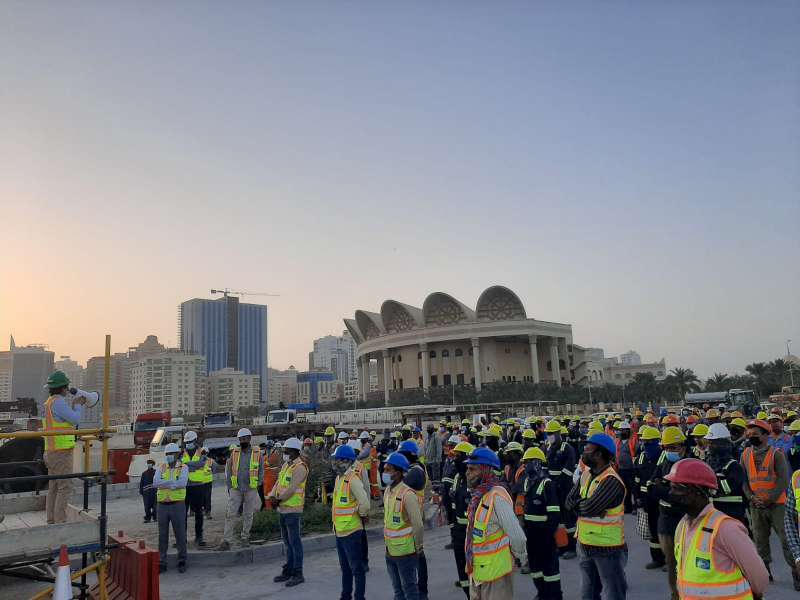
• Show us friendly and understanding, that they can talk to us. Do not give the perception that the issue is closed, the emergency has passed but its consequences are still present.
• Lower the level of demand a little. It will be difficult for the team to recover its previous performance, we should not be harsh with them, but we should monitor the improvement process.
• Bring the team together and discuss what went wrong and how we were able to resolve the event. Do not blame, be cordial and positive without reproaches, because they will lose confidence in us.
Finally, two important questions to evaluate: is it possible to reduce the risk of suffering a similar crisis in the future? And what could we do better to handle a future emergency? We must clearly identify the lessons learned from the emergency, which will help us answer these questions
How to check gas inside a confined space with Ventis MX4

